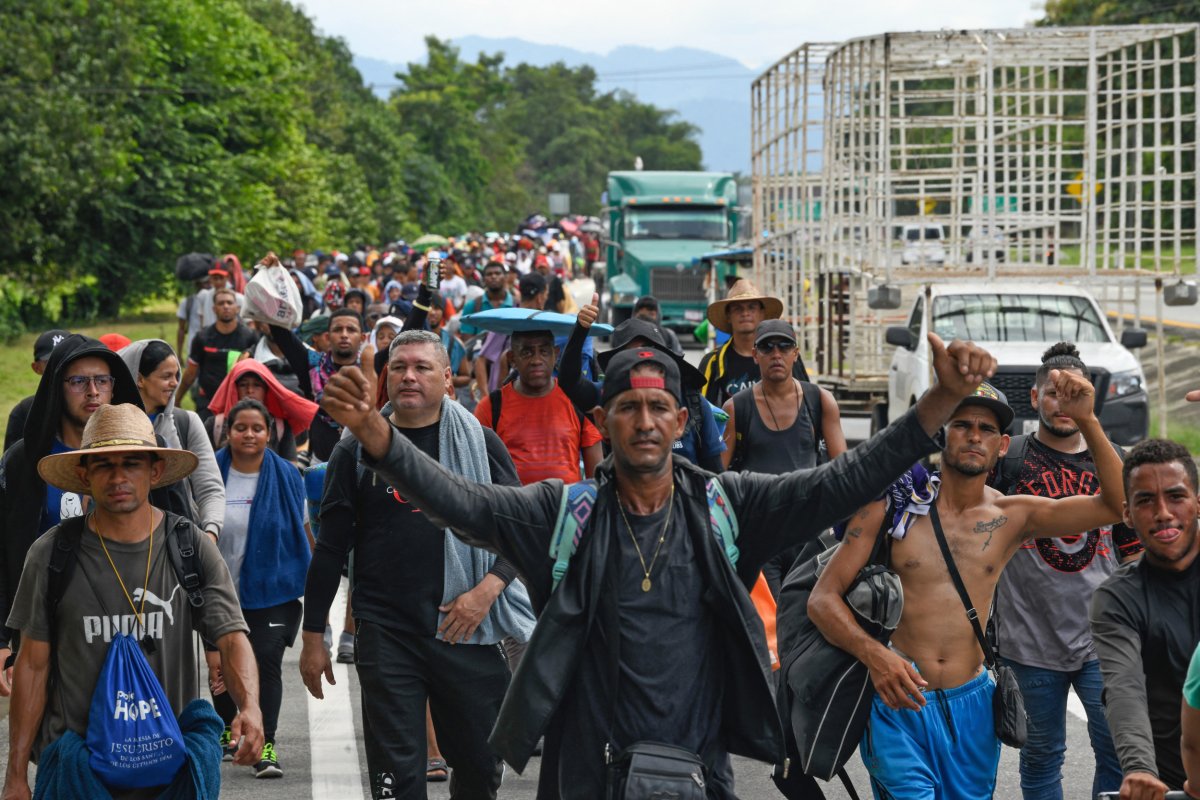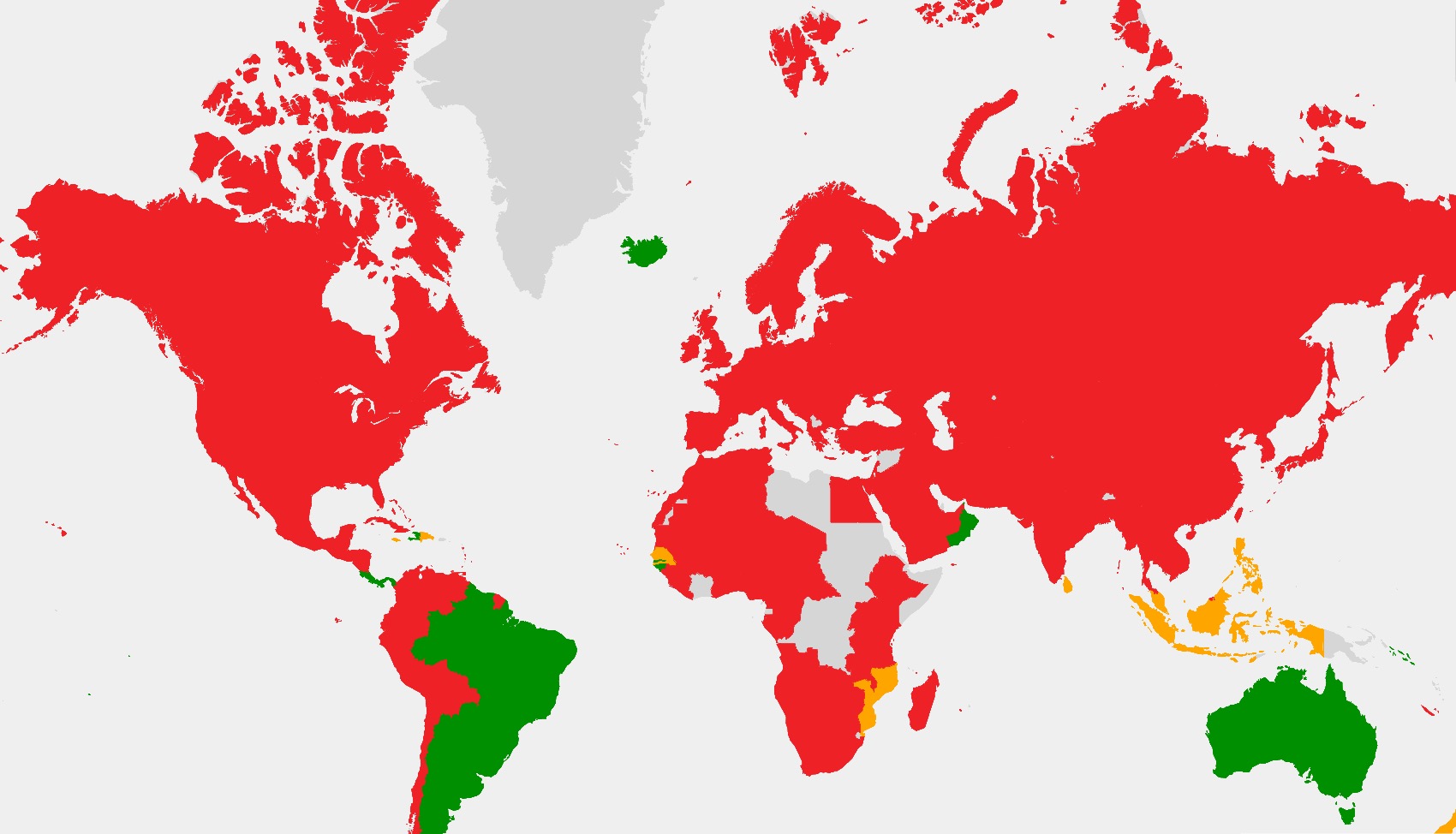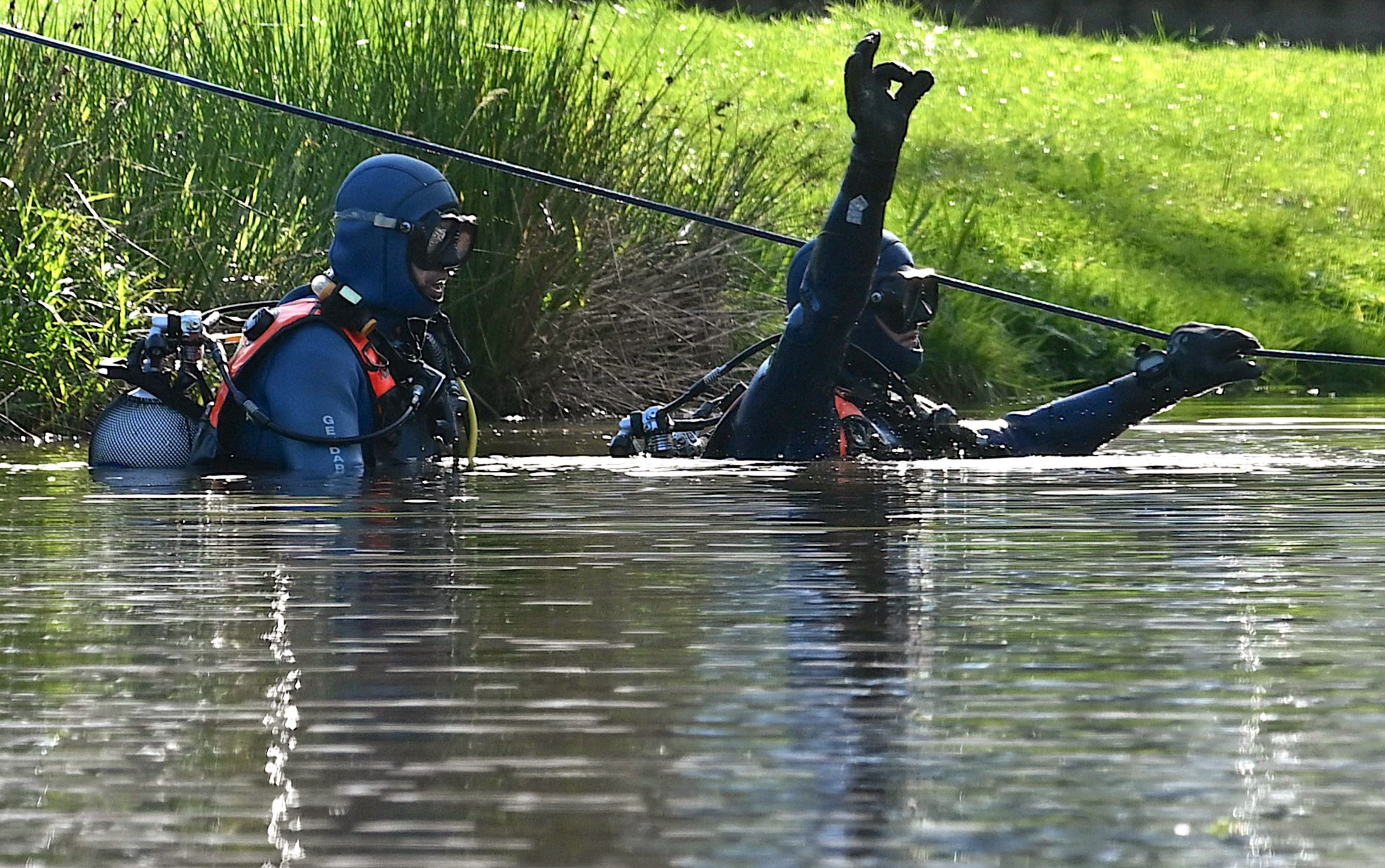Hundreds of migrants from Central America are hoping to reach the U.S. before President-elect Donald Trump assumes office and launches his border security and mass deportation crackdown in January.
A caravan of 1,500 people left Chiapas, southern Mexico on November 21, many relying on the CBP One app, which has allowed migrants to apply for asylum remotely while crossing through Mexico.
They fear Trump will shut down the app, as he has promised, and launch the largest mass deportation in American history to tackle illegal migration soon after his inauguration on January 20. The President-elect has also vowed to tackle cartels over their role in smuggling migrants and drugs into the U.S.
Newsweek has contacted the Trump transition team for comment via email
The migrants travel in large groups, relying on strength in numbers to protect them from both cartels and police during their 1,000-mile journey to the Texan border with Mexico.

Bryan Velazquez, a Guatemalan citizen, told BBC News that people traveling are frightened of Trump's new immigration policies.
"We are very afraid because supposedly they are going to start closing CBP One. We ask the U.S. government to help us," he said.
Migrants who wish to enter the U.S. legally are required to access the CBP One app to request an appointment at a port of entry to the country. It is the only way, bar a few rare exceptions, to request asylum on the U.S.-Mexico border.
Anin Rodriguez, a Honduran citizen, told BBC News: "We are afraid that we might not be able to pass because of Trump."
Jaime Abelar, a citizen of El Salvador, told the U.K. broadcaster: "I think we agree on setting before he (Trump) takes office again and see what happens. There might be deportations, but God willing, it won't happen to us."
Migrant caravans are full of people, often from Central America, who travel together in search of better living conditions, or opportunities for a better life. The journey is expected to take 16 days, according to The Associated Press, if they can avoid being targeted by criminals or human traffickers.
Rafael Velasquez, Country Director for Mexico at the International Rescue Committee, told Newsweek: "It is essential to highlight that the main reason migrants choose to travel in large groups is for their safety."
Caravans often disperse along the route. However, this new wave of migrants is more determined than ever to reach the U.S. border before the new U.S. administration takes power.
Humanitarian groups argue that the CBP One app violates international human rights and refugee law. A report by Amnesty International said the app has led to kidnappings and extortion by drug cartels and crime syndicates.
Of 365 asylum-seekers interviewed by Amnesty, one in ten reported being kidnapped. The report noted that many believed they were targeted because they had CBP One appointments, with cartels exploiting the fear of missing these appointments to demand ransom payments.
According to a poll by CNN, support for deportations increased by 20 points from 2017 to 2024.
However, a recent survey conducted by the progressive polling organization Data for Progress reveals that the majority of Americans oppose the idea of deporting all undocumented immigrants.
Participants were surveyed on nine potential scenarios to assess public support for Trump's flagship "mass deportation" plan.
Only two scenarios had the support of more than half the respondents. "Deporting a person who recently crossed the border without legal status" was backed by 70 percent of respondents; "Deporting a person who crossed the border without legal status and has a criminal record for a nonviolent offense" received the support of 67 percent.



.webp)















 English (US) ·
English (US) ·